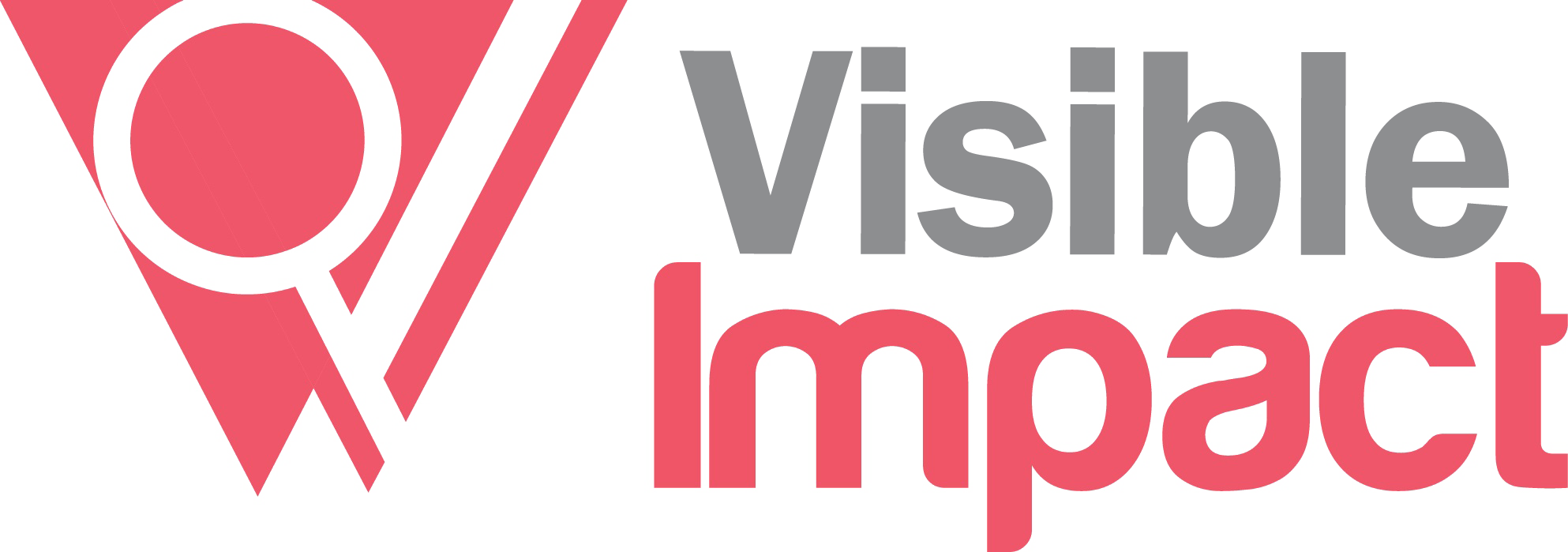Year: 2023
Supported by: Bill and Melinda Gates Foundation
Partner Organization: Nepal Applied Mathematics and Informatics Institute for Research(NAAMII), Diyo.AI, and Progressive Sustainable Development-Nepal(PSD-Nepal)
Major Component: Young People, Advocacy, Technology, Sexual and Reproductive Health and Rights(SRHR), Value clarification, Human experts, Chatbot, Large Language Models(LLMs), Female Community Health Volunteers(FCHVs)
A substantial portion of the Nepali population faces challenges in accessing dependable information related to Sexual, Reproductive, and Maternal Health (SRMH) due to prevailing social stigma, which acts as a deterrent to open discourse. Additionally, online resources addressing SRMH topics are predominantly available in English and lack interactive features. ChatGPT and similar models show potential for providing real-time, interactive SRMH information. However, they have key issues:
1) can generate incorrect or non-factual responses,
2) perform less effectively in languages like Nepali,
3) lack local cultural context, and 4) require significant computational resources, limiting accessibility.
‘Evaluating Nepali Sexual, Reproductive and Maternal Health Chatbot with LLMs(Large Language Models)’ project aims to assess the ability, gaps, and risks of ChatGPT for both the public and Female Community Health Volunteers (FCHVs) to identify response and technical gaps and potentially improve bot performance through fine-tuning on a large Nepali language corpus. ‘Evaluating Nepali Sexual, Reproductive and Maternal Health Chatbot with Large Language Models(LLM)s’ is a project under the partnership of four organizations: Nepal Applied Mathematics and Informatics Institute(NAAMII), Diyo.AI, Visible Impact, and PSD-Nepal.
Pilot testing was done among the school students and one among the college students in the Kathmandu valley. This phase aimed to determine the most effective approach for implementation, including factors such as optimal participation levels, the suitability of the target population, and the preferred mode of communication, whether it be asynchronous messaging in a private setting after returning home or live chatting under the guidance of mobilizers. These interactions were initiated specifically between 10:00 a.m. and 6:00 p.m. These interactions would commence with a brief orientation on SRHR, followed by a focus on the use of human chatbots to facilitate meaningful conversations. Based on this, we opted for having a live conversation in a private space after going home with the chatbot to ensure maximum participation. As such, one mobilizer will recruit around 200 participants.
Ten social mobilizers from diverse provinces across the country undertook the responsibility of reaching out to target populations. The selection of these social mobilizers is based on their track record of effective past involvement with Visible Impact and their demonstrated commitment to promoting clarity and understanding regarding Sexual, Reproductive, and Maternal Health issues.
The boot camp was hosted by Visible Impact on September 12, 2023. This one-day initiative provided the volunteers with a comprehensive understanding on ways of effective utilization of various chatbots through proper orientation from teams of four partner organizations (NAAMII, Diyo. AI, Visible Impact, and PSD-Nepal). Ten volunteers of Visible Impact from different provinces of Nepal participated in the program along with other volunteers from PSD-Nepal.
Reaching out to young people: Visible Impact’s ‘AI for SRHR Champions’ is reaching out to 1750 general people including diverse populations Engaging FCHVs: FCHVs play a pivotal role as they become the point of contact for local residents seeking information or guidance on SRHR matters. The targeted population is 250 Female Community Health Workers (FCHVs). To ensure diversity in terms of participation as well as during mobilizer selection, our strategy will include targeting outreach to multiple ethnicities, educational backgrounds, and age groups from different provinces. We will also prioritize gender balance, ensuring that we collect data from both men and women and promote inclusivity in all aspects of our data collection process.
Within this initiative, in collaboration with our partner Diyo.AI, we have introduced a chatbot link that our advocates share with the local community for this piloting period. This link provides opportunities to have conversations with both human expertise and large language models powered by Artificial Intelligence(AI) to address inquiries and address concerns related to SRHR within the community. It aims to reach 2,000 individuals from the general population and 125 Female Community Health Volunteers(FCHVs).

611, Shrijanshil Marg, Basundhara, Kathmandu, Nepal
phone : +977 9847697791
Email : mail.visim@gmail.com
Website : www.visim.org
Visim envisions creating visible impact on lives of every girl, every woman and every youth by unleashing the social and economic leadership of girls, women and youth through beneficiary-partnered innovative interventions.